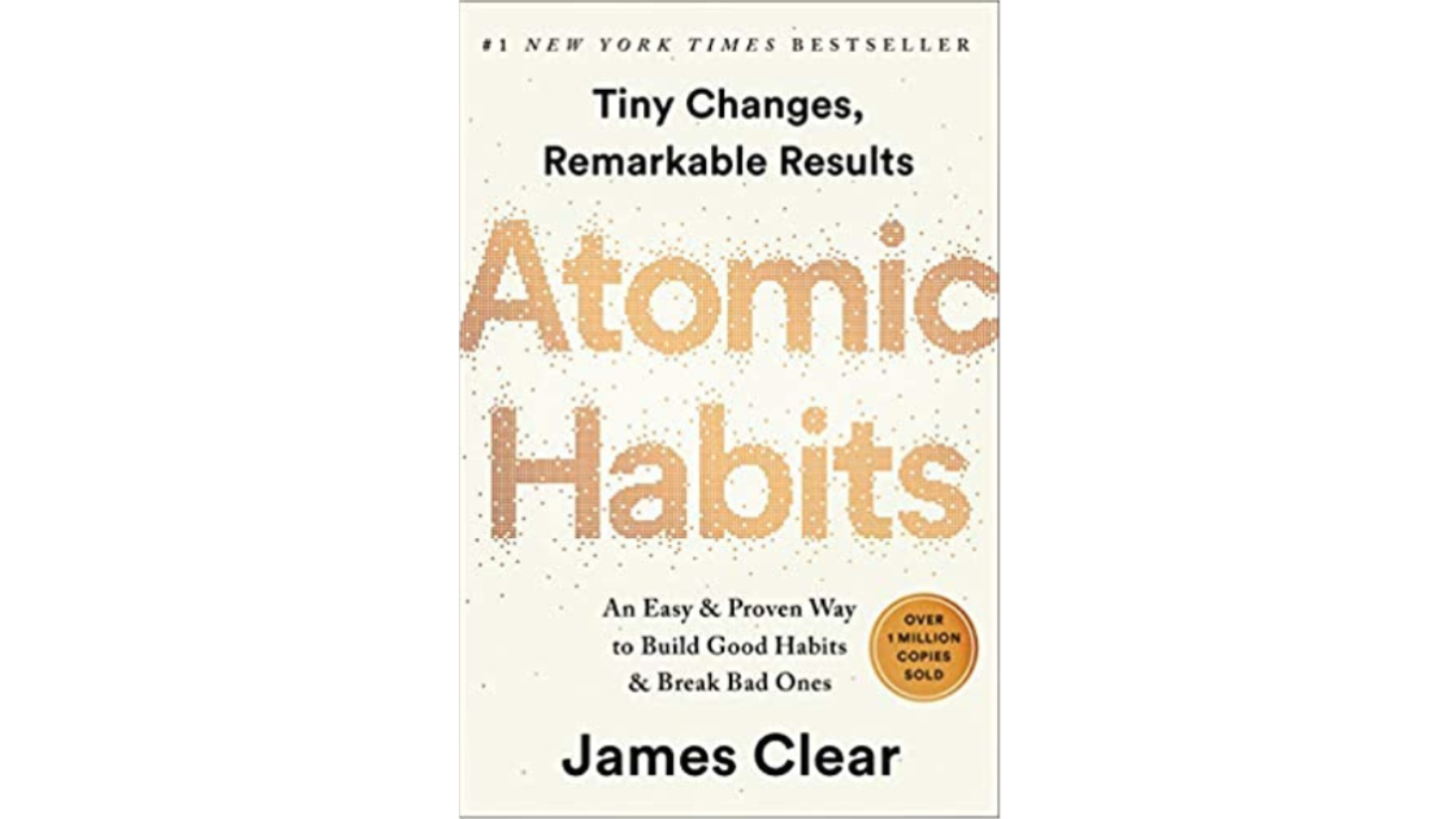Book Summary
James Clear’s book Atomic Habits is about how making minor behavioral adjustments can have a big impact on one’s life. The necessity of forming and keeping good habits while avoiding harmful ones is emphasized in the book. According to Clear, the secret to success is to continually make little improvements over time rather than concentrating on one major change. Additionally, he emphasizes how crucial it is to comprehend the underlying mechanisms that govern behavior as well as the part that environment, identity, and little incentives play in forming habits. The book offers helpful methods and tactics for creating and keeping positive habits, as well as advice for overcoming typical challenges.
The Book in 3 Sentences
- The main theme of the book is how making little, enduring behavioural adjustments over time can have a big impact on one’s life.
- The book focuses on the four laws of behaviour change (trigger, craving, response, and reward) and the structure of an “identity-based” habit to offer practical solutions for creating good habits and breaking negative ones.
- The book focuses on how to develop a system for tracking progress, which can assist to sustain motivation and keep the attention on long-term goals. It also stresses the significance of building an atmosphere that supports the desired behaviour.
Impressions
Atomic Habits is a realistic, actionable manual for changing one’s habits and achieving one’s goals. The author, James Clear, offers clear, practical guidance that is simple to understand, put into practice, and the emphasis on small, incremental changes is both realistic and effective. The emphasis on the fundamental processes that govern behaviour and the part that environment, identity, and little rewards play in forming habits is another point of interest. The book has the capacity to assist you in overcoming typical barriers to habit change.
How I Discovered it
- James Clear has a large following on social media accounts where he shares tips and insights about habits and productivity, that’s how I discovered it.
Who Should Read It?
The book Atomic Habits can be helpful for a variety of readers. The book is a great resource for anyone trying to improve their lives in some way, whether it be to be more productive, reduce weight, quit smoking, or just become a better version of themselves because it focuses on creating good habits and breaking negative ones. It offers a simple and doable approach to habit change, which can be especially helpful for people who have tried and failed to make changes in their life in the past. The book is particularly helpful for managers, entrepreneurs, and business leaders since it teaches them how to design processes that boost teamwork and productivity. This book might also be fascinating to read for anyone interested in psychology, self-improvement, or personal development
How the Book Changed Me
After reading Atomic Habits, I adopted a new perspective on the way I approach habit formation and change. The book encouraged me to focus on small, incremental changes, rather than trying to make big, drastic changes all at once. It helped me emphasize the importance of understanding the underlying systems that drive behaviour, the role that the environment has, and the small rewards play in shaping habits. By understanding these concepts, I can now better identify and understand the habits that are holding me back and develop new habits that will help me achieve my goals.
My Top Quotes
- “Habits are the compound interest of self-improvement.”
- “You do not rise to the level of your goals. You fall to the level of your systems.”
- “The most powerful thing you can do to build better habits is to join an environment where the desired behaviour is the normal behaviour.”
- “Your outcomes are a lagging measure of your habits. Your net worth is a lagging measure of your financial habits. Your weight is a lagging measure of your eating habits. Your knowledge is a lagging measure of your learning habits.”
- “Small wins transformative fuel changes by leveraging tiny advantages into patterns that convince people that bigger achievements are within reach.”
- “The best way to break a bad habit is to make it impractical to do.”

